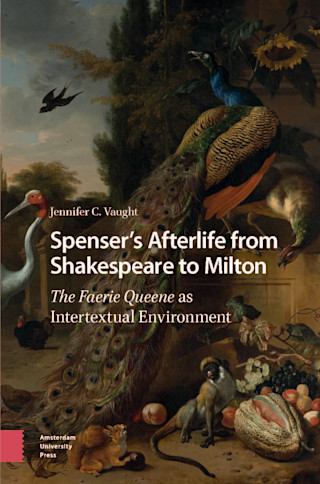How are the environmental conflicts of our time intertwined with the legacies of Spanish imperialism and early modern globalization? In Ecological Imperialism in Early Modern Spanish Narratives: Excavating the Environmental Conflicts of the Iberian Globalization, Miguel Ibáñez Aristondo argues that to understand the historical ramifications of the ecological crisis, it is imperative to excavate the fragmented histories and entangled viewpoints associated with European imperialism. Drawing on early modern Iberian, Indigenous, and European sources, the book interrogates how early modern debates regarding war, free trade, abundance, property, race, sovereignty, and history were deeply entwined within ideas and theories driving the relationship between humans and the environment. By exploring the conflict-ridden experiences arising from Spanish imperialism, the book argues that ecological crises have given rise to divergent visions and social hierarchies over time, driven by environmental conflicts opposing social justice and collective life to capital accumulation and imperial competition.

